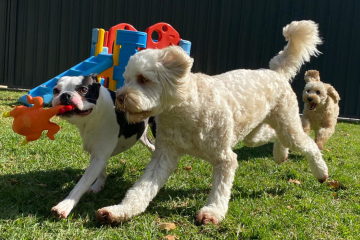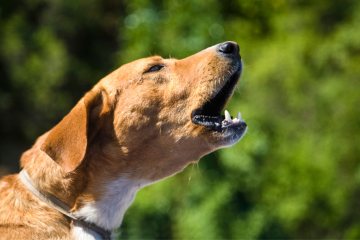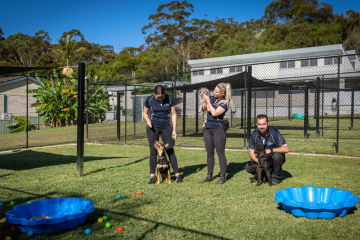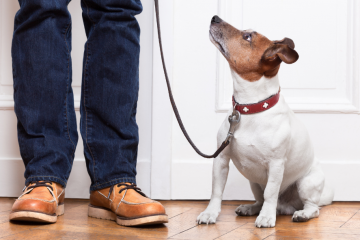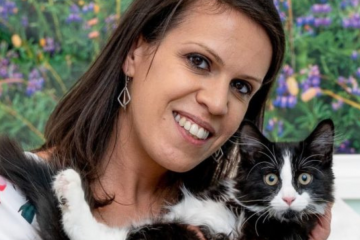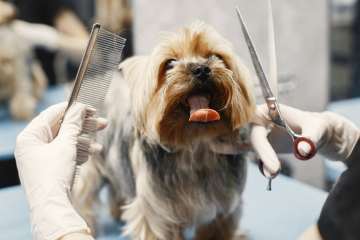Cameron Ford Odor Pays and Cognition
In our latest episode, Glenn Cooke sits down with a unique individual who has navigated the intricate pathways of canine cognition, detection dog training, and law enforcement – Cameron Ford. As a former police officer and an integral part of the Navy SEAL program, Cameron brings a wealth of knowledge to our conversation.
The turning point in Cameron’s career was the tragic 9/11 terrorist attacks, which brought the significance of detection work to the forefront. This drove him to start his own business, harnessing the power of our canine companions in explosive detection.
A major aspect of Cameron’s work lies in his innovative “Odor Pays” detection training, which has gained widespread recognition. But more than training dogs to detect, Cameron emphasises the importance of understanding how dogs think. His insightful knowledge in canine cognition is a result of his direct learning from Dr. Brian Hare of Duke University, a preeminent figure in the field.
Cameron’s journey is a testament to the impactful role our dogs can play beyond companionship. Whether it’s working with the Navy SEALs or serving as part of a police force, dogs have the potential to greatly assist us, especially when we tap into their natural instincts and cognitive abilities.
Join us as we delve into Cameron’s journey and explore the fascinating world of canine cognition. Stay tuned for an enlightening conversation that you won’t want to miss!
The Podcast for Pet Carers is proudly sponsored by Pet Resorts Australia and Canine Evolution.
Follow us on Instagram and Facebook @podcastforpetcarers.
Podcast: Play in new window | Download


